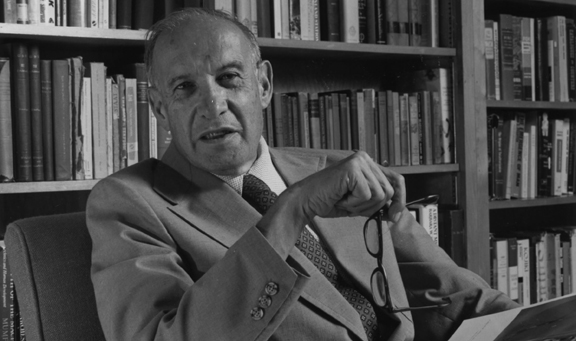In this section we will explore some practical tips for managing your time well. First, consider these tips from blogger Brady Boyd (Source).
“How to Take a Day Off”
Let’s be honest, most of us do not know how to take a day off without feeling guilty, restless or insecure. As a young pastor, I seldom chilled for an entire day and it almost cost me my marriage, my health and my ministry. Today, I am better at it. Here are some thoughts and suggestions to help all of us unplug and regularly recharge our lives.
1. Use social media just to be social, or avoid it altogether.
2. Go on a date with your spouse, or do something fun with a great friend.
3. Go outside and take a walk or just sit awhile in the sun. The sun recharges our bodies with vitamin D, which protects against a host of health problems.
4. Unless it’s family or one of your close friends, do not answer your phone. Voicemail is a great screening tool.
5. Don’t drink cheap coffee and eat a donut. With sprinkles.
6. Talk about anything but work stuff. Note to pastors – church stuff is work stuff.
7. Wear clothes you would never wear to work. I have an awful set of t-shirts I wear on my day off. Instagram photos will follow as proof.
8. Laugh often. Laughter is a powerful antidote to stress, pain, and conflict. Nothing works faster or more dependably to bring your mind and body back into balance than a good laugh.
9. Spend time reading something that will stir your imagination.
10. Hit yourself on the kneecap with a hammer each time you read an email from work. After a couple of emails, you will be forced to lie down and rest.
11. Spend some time completely alone. Jesus often withdrew to lonely places and prayed. We should too.
—-
Next, watch this short video, which discusses the best method for dealing with our “big rocks”—our most important objectives.
—-
In the following Ted Talk, author Nigel Marsh shares four observations regarding a proper work-life balance.
—–
Consider the excerpt below from the Bible.org article “Time Management,” which includes advice from famous management consultant Peter Drucker (Source).
From “Time Management”
Eternity simply cannot tolerate laziness and complacency. We cannot be content to merely survive when there are so many opportunities to serve God and other people. Life is far too short, and our accountability to an almighty God far too serious, not to make the most of our days. Though there may be several acceptable activities and vocations, our responsibility is to discover the best stewardship of life.
Peter Drucker suggests three activities that might help busy leaders in dealing with time:
Effective executives…do not start with their task. They start with their time…. They start by finding where their time actually goes. Then they attempt to manage their time and to cut back unproductive demands on their time. Finally, they consolidate their “discretionary” time into the largest possible continuing time units.
Drucker refers to the second step as time management. After listing the activities to which we devote our time (step one), he suggests that we ask three questions about each of these activities to help us minimize the amount of time we waste:
“What would happen if this were not done at all?” And if the answer is, “Nothing would happen,” then obviously the conclusion is to stop doing it.
Which of the activities on my time log could be done by someone else just as well, if not better?
What do I do that wastes your time without contributing to your effectiveness?
Drucker closes his chapter on time with this thought: “Know Thyself,” the old prescription for wisdom, is almost impossibly difficult for mortal men. But everyone can follow the injunction “Know Thy Time” if they want to, and be well on the road toward contribution and effectiveness.
This is not to suggest that every waking moment must be filled with intense, productive activity. Certainly, there must be time for rest, relaxation and play. We need only reflect on the Sabbath principle, the pattern of creation and the rhythm of life to realize that we need time for mental and physical refreshment. Yet with a well-developed sense of purpose, shaped by God’s Word, all our activities and decisions are brought into alignment with God’s purposes so that we can achieve maximum effectiveness with the time and resources God has given us.
The responsibilities and pressures of this world clamor for our attention and tend to squeeze our inner lives and starve our souls. When this happens, we lose sight of the things that matter most and begin to focus on the things that are passing away. Our value system becomes confused when we invest more of our thought and concern in things that are doomed to disappear than in that which will endure forever.
As we make decisions about how we will make the most of our time on earth, we reflect the character of God. That is our ultimate responsibility. What matters most in the long run is not how long we live, but how we live. A day of reckoning is coming, and purposeful achievement is a mark of the reign and rule of God coming to fruition in our lives.
—-
Even if we are intentionally cultivating a proper attitude toward time stewardship, it is inevitable that we will experience some level of stress occasionally. The following two videos provide practical advice from God’s Word on how we can better manage our stress.










